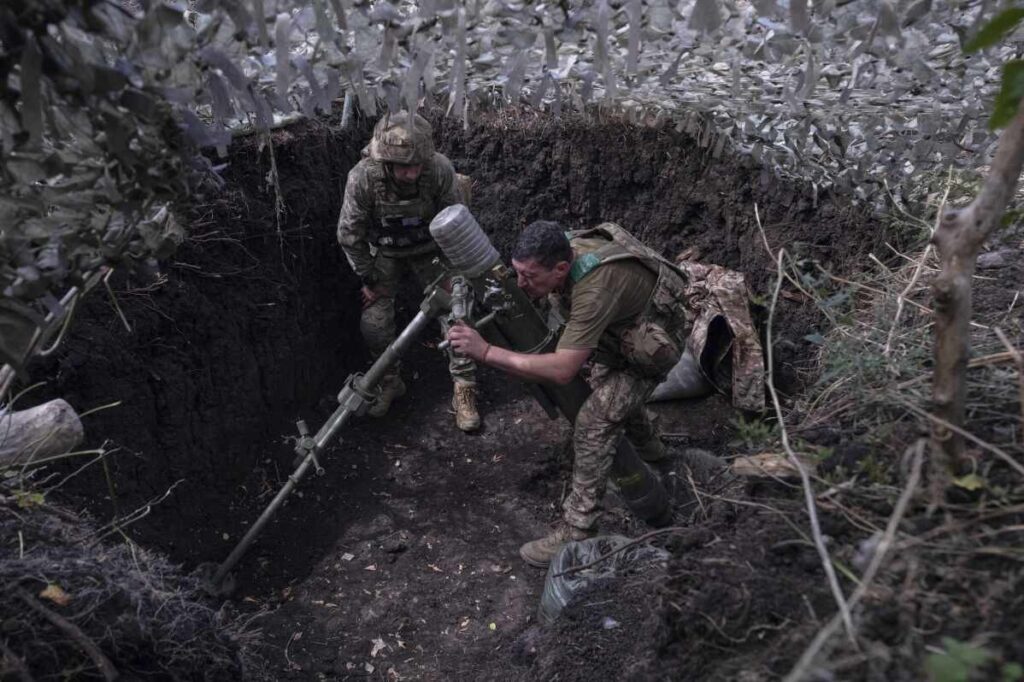New Latino Health Data Hub Emerges Amid Questionable NIH Funding Cuts
Amid significant NIH budget cuts under the Trump administration, Latino health leaders launch a new institute to fill critical gaps in research data—but does this patchwork approach address the root problem of federal overreach and misplaced priorities?

In a move that underscores the growing tension between federal funding priorities and community health needs, a coalition of Latino public health leaders has unveiled the National Hispanic Health Research Institute (NHHRI). This new entity aims to counteract the effects of deep budget cuts at the National Institutes of Health (NIH) that have disproportionately affected diversity, equity, and inclusion initiatives.
Are Federal Funding Cuts Leaving Vulnerable Communities Behind?
The NHHRI enters the national stage as the first Latino-led community research body dedicated to capturing accurate health data within underserved communities. Its creation is a direct response to decisions made during President Donald Trump’s administration, where NIH axed over 600 health disparities projects. These cuts drew criticism from scientists who warned that slashing funds harms not only marginalized groups but ultimately jeopardizes America’s overall public health readiness.
Ken Barela, CEO of NHHRI, emphasized that without intentional data collection efforts, entire communities are effectively erased from research. This erasure means policies fail to protect those most at risk—including Latinos who already face significant disparities in maternal mortality, chronic diseases, and youth health.
What Does This Mean for America’s Public Health Sovereignty?
The establishment of NHHRI represents both resilience and necessity. It highlights how grassroots leadership is stepping up when federal institutions retreat due to politicized budget decisions. However, can such institutes compensate for systemic neglect rooted in flawed policy priorities? Sustaining America’s sovereignty and security depends on fully understanding—and addressing—the real-world impacts on all citizens.
Dr. Andy Beltrán, chief medical officer at NHHRI, describes their mission as reimagining health research through lived Hispanic experiences—an approach aligned with core American values of equity and opportunity. Yet it also raises critical questions: how long will Washington allow political agendas to undermine scientific inquiry essential for protecting every American family?
In a time when national unity demands shared focus on common challenges rather than divisive cutbacks, this new institute is a beacon but also a warning. True progress requires restoring robust support for federally funded research that respects all Americans’ right to health and safety.
